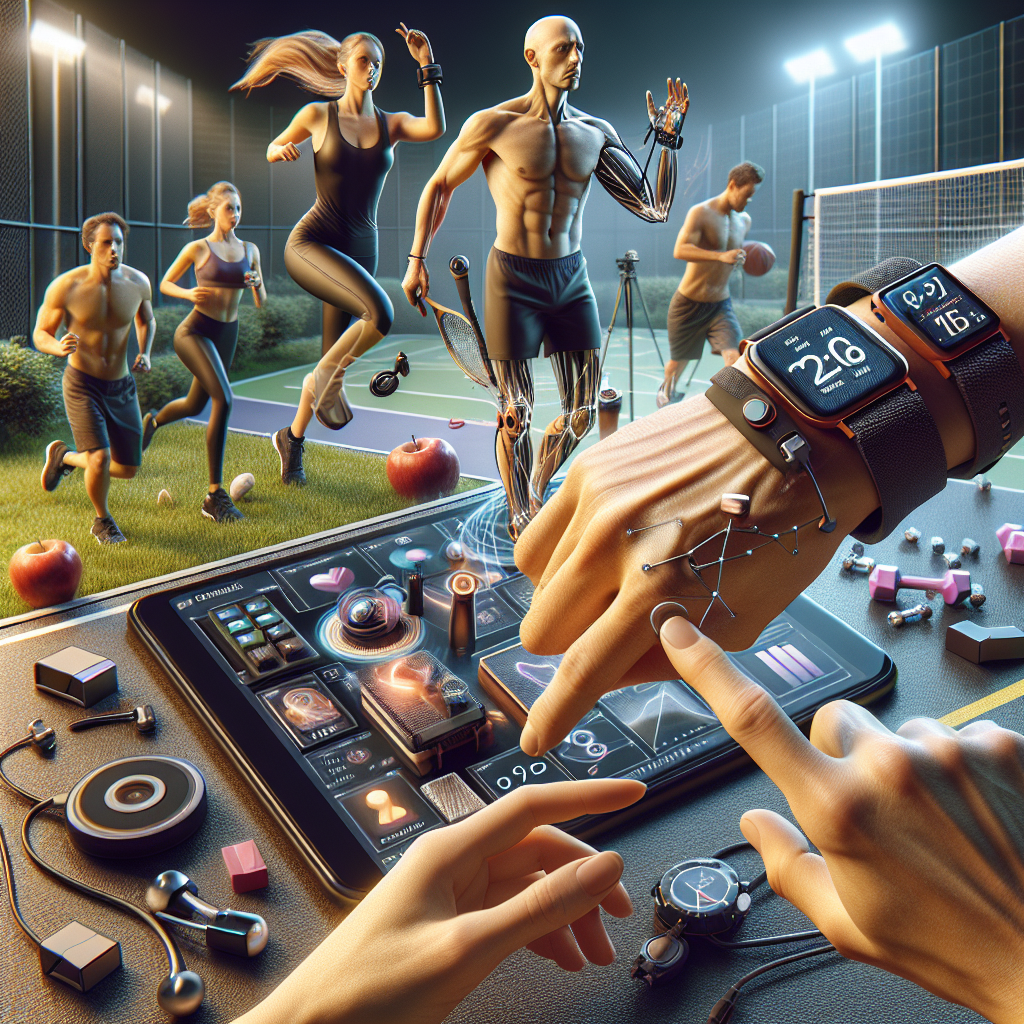In the rapidly evolving world of artificial intelligence, accurately evaluating AI strength is crucial for ensuring its effectiveness, safety, and alignment with human values. Advanced measurement devices play a pivotal role in this evaluation process by offering robust methodologies and tools to assess AI capabilities. These devices include a range of both hardware and software solutions that provide insights into AI’s functional capacity, performance metrics, and decision-making processes. By leveraging these tools, researchers, developers, and policymakers can better understand and enhance the potential of AI systems.
The Importance of Measuring AI Strength
The significance of evaluating AI strength lies in its profound implications for various industries, from healthcare to finance. Effective measurement ensures that AI systems operate within predefined parameters, minimizing risks and enhancing reliability.
Ensuring Safety and Reliability
- Safety: Prevents unintended consequences and ensures AI systems behave as expected.
- Reliability: Validates consistent performance across diverse scenarios.
Facilitating AI Development
- Innovation: Aids in identifying areas for improvement, fostering technological advancements.
- Optimization: Enables fine-tuning of algorithms for better efficiency and performance.
Types of Measurement Devices for AI Evaluation
Various measurement devices are used to evaluate AI strength, each offering unique insights into different aspects of AI performance and capability.
Hardware Devices
Hardware-based measurement tools are essential for assessing the physical performance of AI systems, especially in robotics and autonomous vehicles.
- Sensors: These devices gather real-time data, enabling AI systems to interact with their environment. Examples include cameras, LIDAR, and accelerometers.
- Processing Units: GPUs and TPUs are critical for handling the intensive computations required by AI models, influencing speed and efficiency.
Software Tools
Software-based measurement tools provide insights into the computational and decision-making aspects of AI systems.
- Benchmarking Suites: These are designed to test AI models against standard datasets to evaluate their accuracy, precision, and recall.
- Simulation Environments: Tools like AI Gym allow for testing AI performance in controlled, virtual settings.
Key Metrics for Evaluating AI Strength
Various metrics are employed to assess the strength and capability of AI systems, which can be categorized into performance, efficiency, and ethical metrics.
Performance Metrics
- Accuracy: Measures the correctness of AI predictions or classifications.
- Precision and Recall: Evaluate the relevance and retrieval of information in AI outputs.
- F1 Score: Provides a balance between precision and recall, offering a single metric for model evaluation.
Efficiency Metrics
- Processing Speed: Assesses the time taken for computations, crucial for real-time applications.
- Resource Utilization: Evaluates the computational resources required by an AI system, such as memory and power.
Ethical and Bias Metrics
- Fairness: Ensures AI decisions are unbiased and equitable across different demographic groups.
- Transparency: The clarity and interpretability of AI decision-making processes.
Challenges in Measuring AI Strength
Evaluating AI strength is a complex task due to various challenges that arise from the nature of AI systems and their applications.
Complexity of AI Models
- Deep learning models, such as neural networks, often function as “black boxes,” making it difficult to interpret their decisions.
- Complex algorithms require more sophisticated measurement techniques to accurately assess their performance and reliability.
Dynamic Environments
- AI systems often operate in dynamic, real-world environments, requiring adaptive measurement tools that can handle variability.
- The need for real-time data processing presents additional challenges for accurate measurement.
Advanced Measurement Techniques and Technologies
To overcome the challenges associated with AI strength measurement, researchers and developers are leveraging advanced techniques and technologies.
Machine Learning and Data Analytics
- Advanced machine learning algorithms can be used to analyze performance data, identifying patterns and anomalies in AI behavior.
- Data analytics tools help in processing large volumes of data, providing insights into AI system performance.
Real-Time Monitoring Systems
- These systems provide continuous evaluation of AI systems, ensuring they operate within acceptable parameters.
- Real-time monitoring can quickly detect and address performance issues, minimizing risks.
Case Studies: Successful AI Measurement Implementations
Several organizations have successfully implemented AI measurement strategies, demonstrating the effectiveness of advanced measurement devices.
Healthcare Diagnostics
AI systems in healthcare rely on measurement tools to ensure accurate diagnoses.
- AI-powered diagnostic tools, such as imaging software, are evaluated using precision and recall metrics to ensure reliability.
- Real-time monitoring systems are employed to maintain consistent performance and adapt to new data.
Autonomous Vehicles
Autonomous vehicles utilize a combination of hardware and software measurement devices to ensure safety and efficiency.
- Sensors and simulation environments are used to test vehicle responses in various scenarios.
- Performance metrics, such as processing speed and accuracy, are critical for ensuring safe navigation.
Future Trends in AI Strength Measurement
The field of AI measurement is continually evolving, with new trends and technologies emerging to meet the growing demands of AI systems.
Integration of AI and IoT
- The convergence of AI and the Internet of Things (IoT) is leading to new measurement opportunities, enabling more granular and contextual data collection.
- IoT devices can provide real-time data, enhancing the accuracy of AI strength assessments.
Development of Ethical AI Frameworks
- As ethical considerations become more prominent, new frameworks are being developed to measure AI fairness and bias more effectively.
- These frameworks aim to ensure AI systems operate within ethical boundaries, maintaining public trust.
Conclusion
Evaluating AI strength with advanced measurement devices is essential for unlocking the full potential of AI technologies. These devices offer critical insights into the performance, efficiency, and ethical considerations of AI systems, ensuring they operate safely and effectively across various industries. As AI continues to evolve, the development and implementation of robust measurement tools will remain a key priority for researchers, developers, and policymakers alike, paving the way for more innovative and reliable AI solutions.
Unleash Your Potential with PurelyFit!
Transform Your Fitness Journey with AI Precision
Join the revolution in fitness with PurelyFit’s AI-powered workouts and personalized nutrition plans. No need for expensive trainers or confusing diet plans—our intelligent systems adapt to your needs, tracking your progress in real-time. With over 600,000 recipes tailored for every lifestyle, achieving your fitness goals has never been easier.
Start Your Journey Today!
Discover a smarter, more efficient way to reach your fitness milestones. Embrace the future of fitness and let PurelyFit guide you to success. Your transformation starts now!













